People may say that they are feeling depressed when they are feeling down, but this does not always mean that they have depression. If your child is feeling low, let them know that everyone feels like this now and then and it’s ok. Let them know that they can talk to you and create time to listen. It can be helpful to help your child learn about low mood, what it is and how it works. How to start a conversation with children about mental health
What is depression and how can I help?
Depression is a long lasting low mood disorder. It affects your ability to do everyday things, feel pleasure or take interest in activities. Depression can affect people of any age, including children. It is one of the most common mental illnesses.
If your child has been feeling like this for a while, or it has been affecting their life in a serious way, you should take your child to visit your GP. Your child’s doctor will be able to find out if your child may have depression and talk you through the types of support that could help.

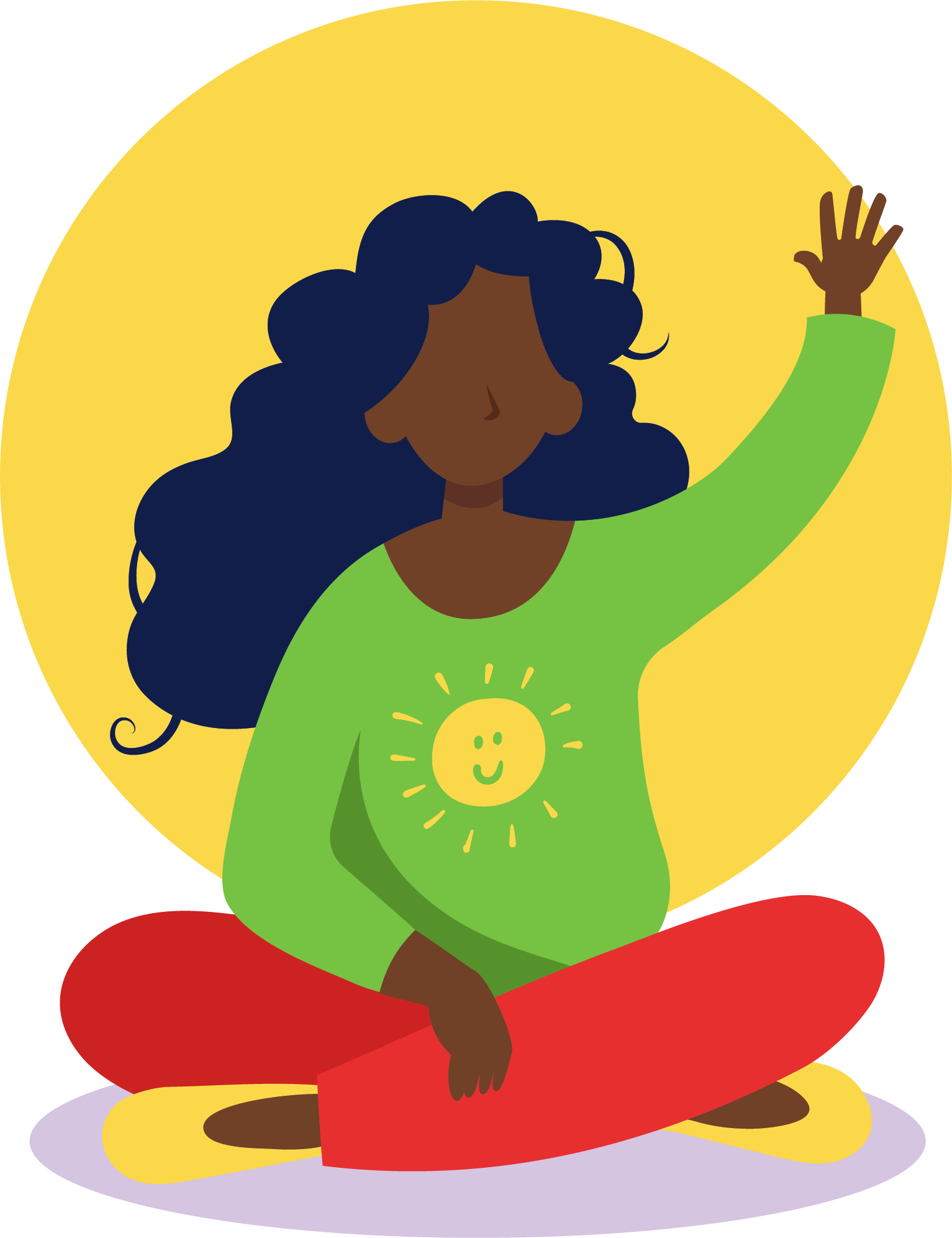




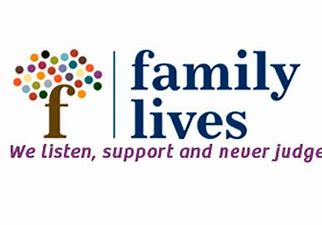

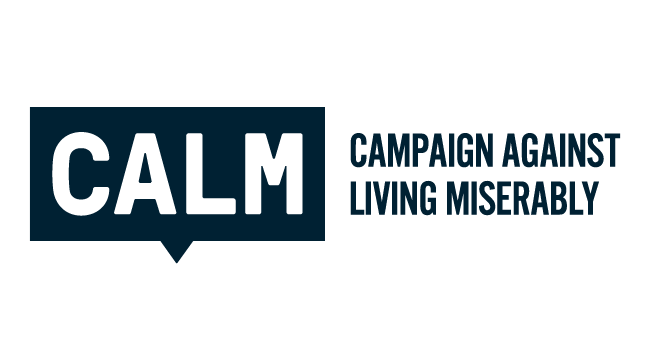




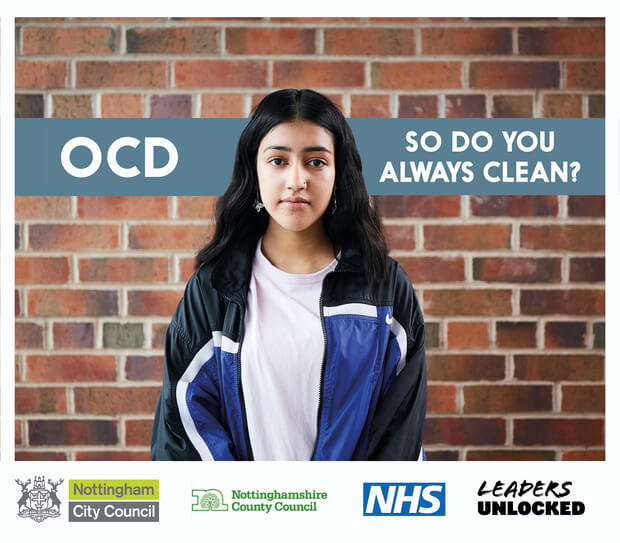
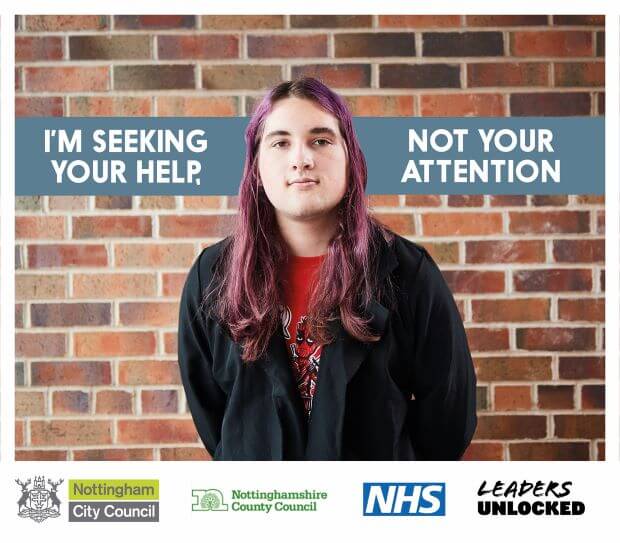
You Are #NOTTALONE
Follow us online and continue the conversation